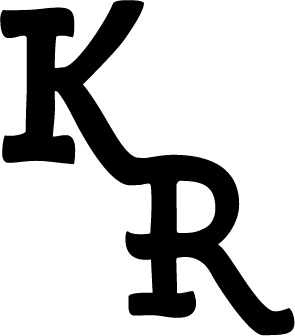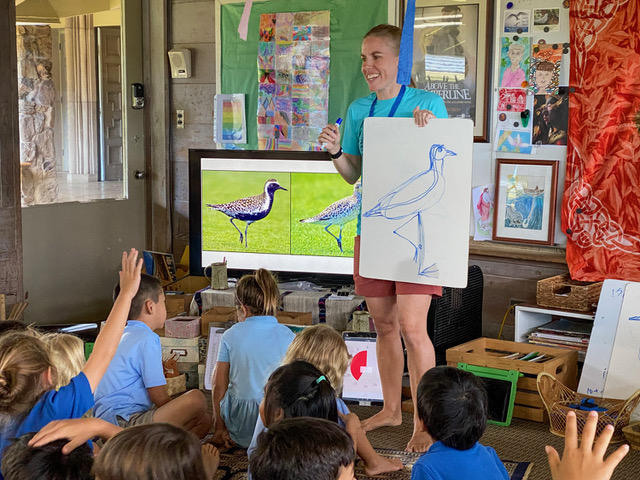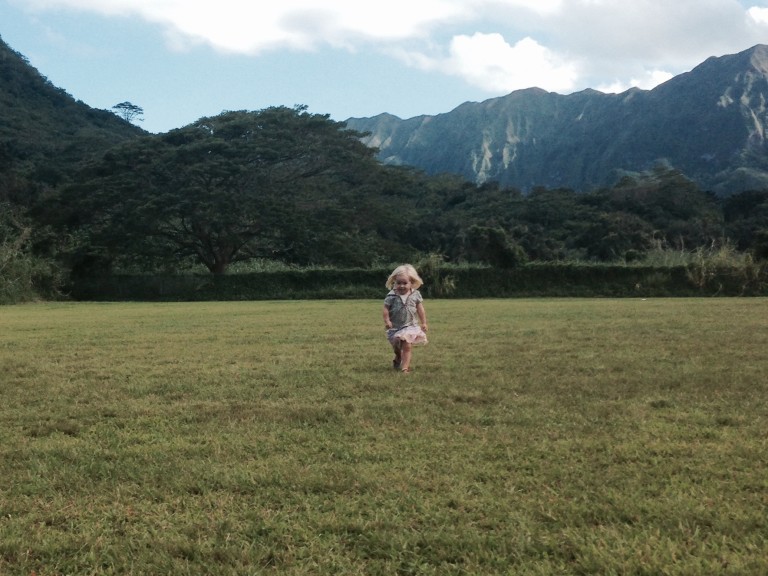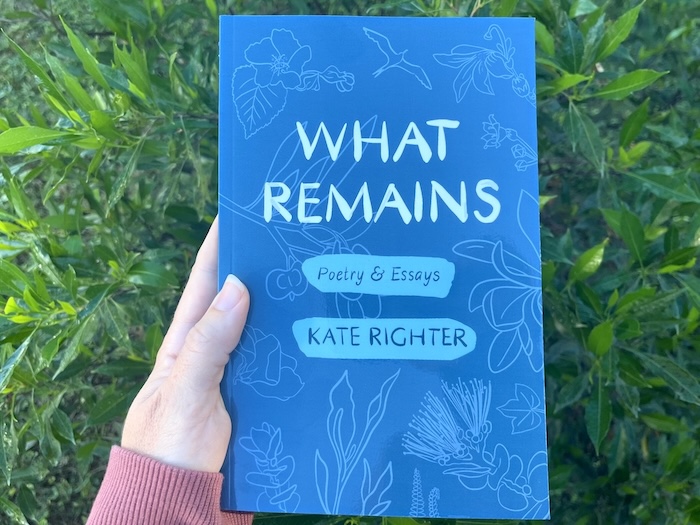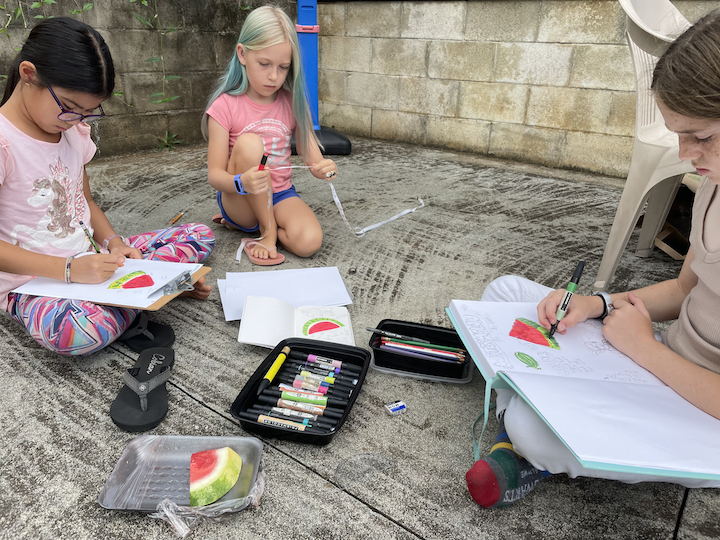Only One
While working with Hawaii Audubon Society, I helped teach over one thousand Hawai’i students about our native birds and how to draw them. However, I sometimes left classrooms wondering how much was actually learned, and what will be remembered a week, month, or year from now. I’ve had students fall asleep during a presentation, spend their whole time on their phones or whispering with friends in the back of the classroom, or simply roll their eyes and tell me that birds are smelly and boring. I’ve watched the wiggly little ones play with their toes, whisper and giggle with their friends, and stare out the window.
Through the good days and the hard ones, I kept reminding myself: It’s worth it, even I only reach one student today. This means I am always looking for the students that are paying attention, that are listening, that are focused on their drawing or their notes, and eagerly come up to me afterwards to ask questions, show me their work, or simply give me a big hug and say, “Thank you.” Working hard to remember and acknowledge their joy and connection not only gives me joy in return, but it also honors those students. They are up against tremendous social pressure to disengage, and so I see their eagerness as a rebellion of caring. Being interested in birds and nature isn’t cool to their peers — so I make it a point to let them know that I think they’re cool, and valued.
I also never know what sort of impact I might be making on the students that seem disengaged. Sometimes students that are staring out the window actually listen better that way. Sometimes students say things are “dumb” but their minds are being opened up, just a little bit, by other’s interest and enthusiasm.
This doesn’t mean I accept reaching one student as “good enough.” I am constantly working to improve my presentations: making them more interactive, adjusting the flow, considering the story I’m telling depending on the age level, and searching for the best photos and video clips. However, this means it so easy for me to focus on what went wrong — it’s what sticks out in my memory. Spending time focusing on what went right, however, gives me the motivation and inspiration to reach even more students.
After all, I had a high school girl come up to me last week and ask me very seriously if I visit all the schools. When I told her no, I have only been able to visit some of them, she told me I should. “I think all the students should get a chance to learn about the birds.” I agree.
